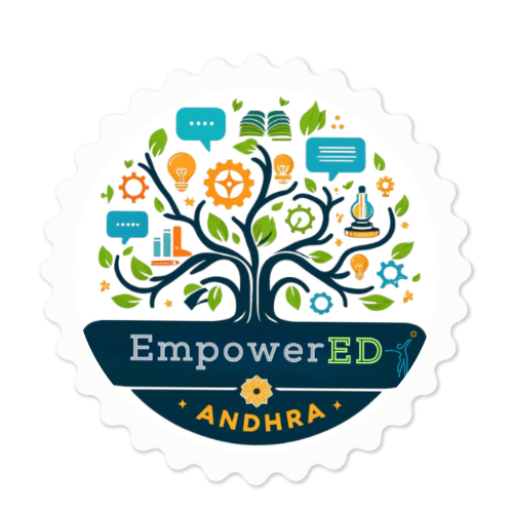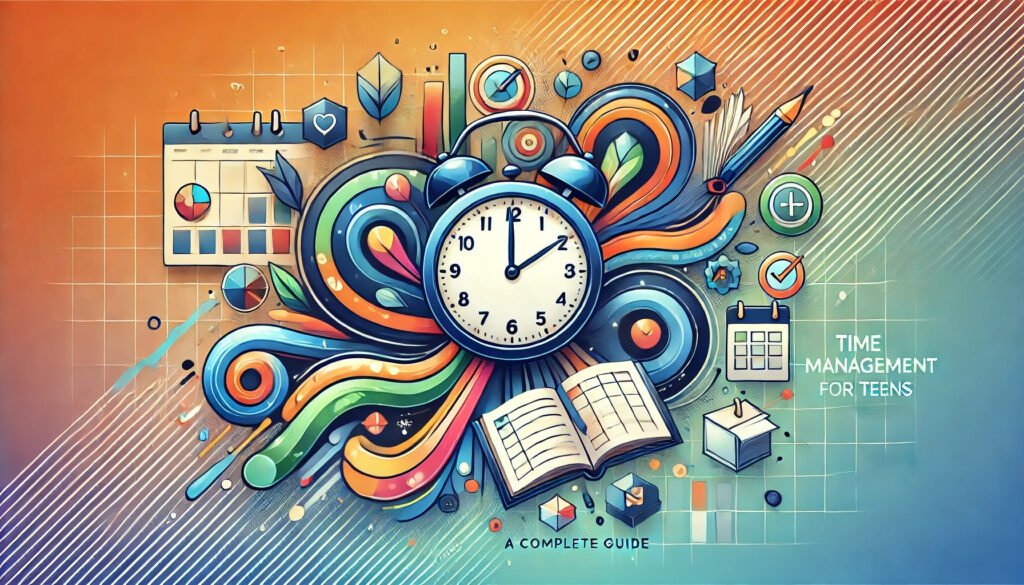The 21st century has ushered in an era of rapid technological advancements, globalization, and dynamic change. To thrive in this new world, individuals need more than traditional academic knowledge—they need a unique set of skills to navigate complexities, innovate, and lead. For students, professionals, and lifelong learners, mastering these essential skills is crucial for success in the modern age.
In this comprehensive guide, we will explore the five essential skills for success in the 21st century, why they matter, and how you can develop them.
Critical Thinking and Problem-Solving
In a world overflowing with information, the ability to think critically and solve problems is indispensable. Critical thinking involves analyzing information objectively, questioning assumptions, and arriving at reasoned conclusions. Problem-solving builds on this foundation by applying logic, creativity, and decision-making to overcome challenges.
Why It Matters:
- Employers value critical thinkers for their ability to tackle complex issues.
- It enhances academic performance by encouraging deeper understanding and analytical reasoning.
- In everyday life, it helps individuals make informed decisions and adapt to unexpected challenges.
How to Develop Critical Thinking:
- Ask Questions: Be curious and challenge assumptions.
- Analyze Situations: Break problems into smaller parts to understand the root causes.
- Practice Reflection: Regularly evaluate your decisions and learn from outcomes.
- Engage in Debates: Discussing different perspectives sharpens reasoning skills.
Real-Life Example:
Imagine you’re a student facing a tight deadline for multiple assignments. Instead of panicking, a critical thinker would prioritize tasks, allocate time effectively, and seek help if needed, ensuring all work is completed efficiently.
Creativity and Innovation
Creativity is the ability to think outside the box and generate original ideas, while innovation involves turning those ideas into actionable solutions. These skills are vital in today’s world, where industries and businesses are constantly evolving.
Why It Matters:
- Creativity drives innovation in technology, art, business, and science.
- It allows individuals to adapt to change and remain competitive in their careers.
- Problem-solving often requires creative thinking to find unique solutions.
How to Develop Creativity:
- Experiment: Try new hobbies, learn new skills, and explore different fields.
- Embrace Failure: View mistakes as opportunities to learn and improve.
- Brainstorm: Generate as many ideas as possible without judging them initially.
- Seek Inspiration: Surround yourself with diverse perspectives and experiences.
Real-Life Example:
An entrepreneur might face declining sales due to outdated marketing strategies. By thinking creatively, they could leverage social media, create engaging content, or collaborate with influencers to reach new audiences.
Collaboration and Teamwork
In the 21st century, success often depends on the ability to work well with others. Collaboration involves effectively communicating, respecting diverse perspectives, and contributing to shared goals. It’s a skill essential in schools, workplaces, and communities.
Why It Matters:
- Teams can achieve more together than individuals can alone.
- Employers look for team players who can contribute to positive work environments.
- It fosters empathy, respect, and understanding of diverse cultures.
How to Develop Collaboration Skills:
- Join Group Activities: Participate in sports teams, clubs, or community projects.
- Practice Active Listening: Focus on understanding others’ viewpoints without interrupting.
- Build Trust: Be reliable and supportive in group settings.
- Conflict Resolution: Learn to manage disagreements constructively.
Real-Life Example:
A group of students working on a science project needs to divide tasks, share ideas, and overcome conflicts. Effective collaboration ensures the project is completed successfully and strengthens relationships within the group.
Emotional Intelligence
Emotional intelligence (EI) is the ability to recognize, understand, and manage your own emotions while empathizing with others. In a world that values human connection, EI is a cornerstone of personal and professional success.
Why It Matters:
- High EI improves relationships, both personal and professional.
- It enhances leadership abilities by fostering trust and motivating others.
- It helps manage stress and adapt to change effectively.
How to Develop Emotional Intelligence:
- Self-Awareness: Reflect on your emotions and how they influence your actions.
- Empathy: Practice understanding others’ feelings and perspectives.
- Emotional Regulation: Learn techniques to stay calm and composed under pressure.
- Social Skills: Improve your communication and conflict-resolution abilities.
Real-Life Example:
A manager with high emotional intelligence notices a team member is struggling. By offering support and understanding, the manager builds trust and helps the employee regain focus and productivity.
Digital Literacy
The digital age has transformed how we live, learn, and work. Digital literacy—the ability to effectively use technology, evaluate online information, and stay safe in a digital environment—is a must-have skill for the 21st century.
Why It Matters:
- Digital tools are essential in education, work, and daily life.
- It enables individuals to adapt to emerging technologies and stay competitive.
- Understanding digital ethics and security is critical for protecting personal information.
How to Develop Digital Literacy:
- Stay Updated: Learn about the latest tools, platforms, and trends.
- Evaluate Information: Use critical thinking to assess the credibility of online sources.
- Practice Safe Habits: Protect your data and avoid cyber threats.
- Explore New Tools: Experiment with software and applications to broaden your skills.
Real-Life Example:
A student researching for an essay uses digital literacy skills to distinguish reliable sources from misinformation, ensuring their work is accurate and well-supported.
How These Skills Work Together
While each of these five skills is essential on its own, their true power lies in their interplay. For instance:
- Critical thinking and creativity combine to solve problems in innovative ways.
- Collaboration and emotional intelligence foster effective teamwork.
- Digital literacy supports all other skills by providing tools for communication, research, and implementation.
The Benefits of Developing These Skills
Enhanced Career Opportunities
- Employers prioritize candidates who possess a mix of technical and soft skills.
- These skills increase adaptability, making you valuable in any industry.
Improved Academic Performance
- Critical thinking and collaboration lead to deeper learning and better results.
- Creativity and emotional intelligence make group projects more enjoyable and effective.
Stronger Relationships
- Emotional intelligence and collaboration improve communication and trust in personal and professional settings.
Lifelong Learning
- Curiosity and adaptability ensure you’re always growing and staying relevant.
Tips for Students to Master the 5 Essential Skills
Seek Diverse Experiences
- Engage in extracurricular activities, internships, and volunteer work.
- Exposure to new challenges helps develop creativity, collaboration, and critical thinking.
Embrace Technology
- Use digital tools to enhance learning, communication, and productivity.
- Stay informed about emerging trends to remain digitally literate.
Reflect Regularly
- Journaling or self-assessment can boost self-awareness and critical thinking.
Build a Support Network
- Surround yourself with mentors, peers, and professionals who inspire and challenge you.
Take Online Courses
- Platforms like Coursera, Khan Academy, and LinkedIn Learning offer resources to develop these skills.
Conclusion: A Future-Ready Mindset
The 21st century is full of opportunities and challenges, and mastering these five essential skills—critical thinking, creativity, collaboration, emotional intelligence, and digital literacy—prepares you to thrive in any environment. These skills are not only crucial for career success but also enrich personal growth and relationships.
By embracing these abilities and committing to lifelong learning, you can navigate the complexities of the modern world with confidence, resilience, and purpose. Start today, and take the first step toward becoming a future-ready individual equipped to make a meaningful impact in the world.



